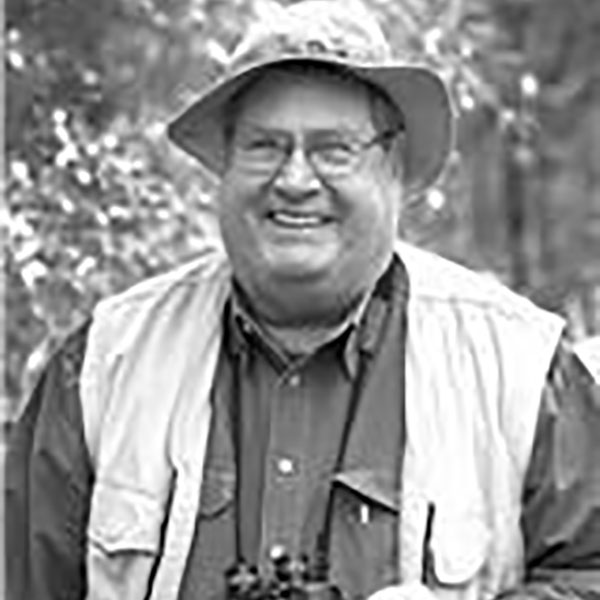Dr. John Cody Hall was the son of newspaper journalists, an Eagle Scout, a captain in the United States Army Rangers, and a veteran of the Vietnam War. Professionally, Dr. Hall was a biologist, a geologist, a researcher and author, an environmentalist, a living history actor, and a museum director. Most of all, throughout his career he was a teacher. As one friend said of him, “He learned every single thing he could, and then he explained it to the rest of us.” Over the years, the “rest of us” included children, high school and college students, professional peers, and friends. Dr. Hall had a gift for taking natural processes and ideas and explaining them in a way that any layman could understand. He preferred a hands-on method for teaching; to show, not tell. He would teach biology in the woods and streams of the state; and often along the highway as one traveled from place to place. Some of his best lessons were delivered using the flora and fauna at a roadside rest stop.

Dr. Hall designed the first summer expeditions in archaeology and paleontology through The University of Alabama’s Museum of Natural History. These expeditions were resident experiences for high school students and adults. On these “digs,” he taught high school students and often university researchers to view our world from past perspectives. These expeditions continue 40 years after he first planned and implemented the first excursion.
Thousands of students have participated and learned from Dr. Hall, and many have entered professional fields closely related to the content specific to the excavation experience or have benefited from the life lessons taught throughout the weeks of the expedition. Geology was one of Dr. Hall’s passions. He would gather students to study soil and rock formations and analyze their characteristics; not only from the
pure science perspective but prompting students and adults to examine the effect the formation had on the past and current inhabitants of the land. Through all of these experiences, Dr. Hall used his creative story telling and entertaining descriptive language to cause us to ponder and to define our place –our Alabama.
In the later years of his life, Dr. Hall concentrated his efforts on educational outreach for children and adults in collaboration with state universities, the Bartram Trail Conference, Friends of Horseshoe Bend, the National Park Service, the Alabama Department of Archives and History, and many more agencies too numerous to mention. He was charged by the University of West Alabama to create and direct the operations of the Black Belt Museum in Livingston, Alabama. The museum features the arts, culture, and natural history of the Black Belt. He wrote natural history interpretive programs for the Alabama Historical Commission. Ever teaching, his living history presentations as William Bartram and a War of 1812 militiaman added personal dimension to historical expeditions throughout the state.
In addition, Dr. Hall wrote and spoke extensively about the naturalist’s perspective for Alabama history, its land, and its rivers. Two of his books related to the rivers of Alabama and to the long-leaf pine were recognized for awards by the Alabama Wildlife Federation, the Southeast Environmental Law Center, and the Southeastern Library Association. A lasting legacy for our state is the work done by Dr. Hall on the Department of Archives and History museum exhibit entitled, “Alabama Voices.” As thousands of tourists and Alabama school children visit the museum exhibit, his “teacher voice”and our state’s story will continue to be heard through his words and his personal narration of “The Story Begins with the Land.”
Dr. Hall is noted for his never ending passion for teaching and learning, for his creative methods and practices to define environments where learning thrives, for his collaborative efforts to bring many voices to the table to assure authentic and engaging learning opportunities, for his patience in administrative efforts that allowed established programs to thrive and for new ones to be formulated and finally, for his love of knowledge and love for “the land” that he inspired in others.
